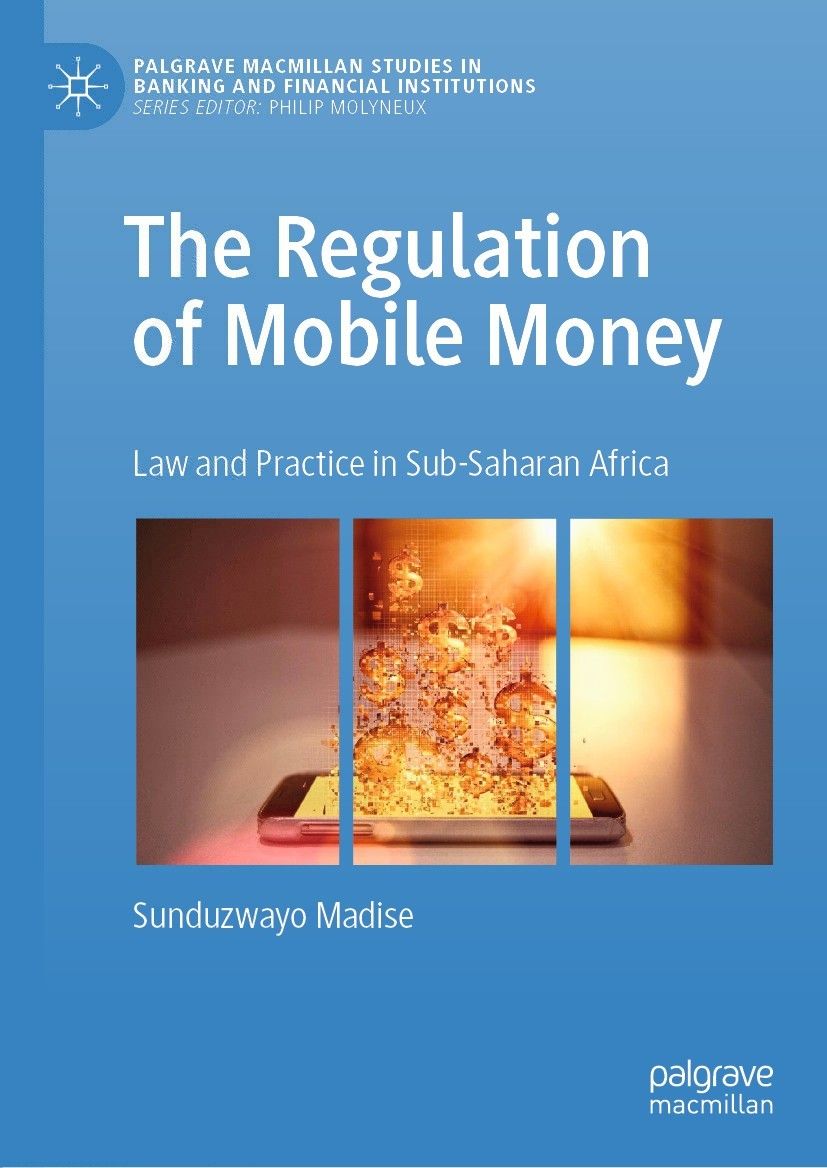The Inevitable: Understanding the 12 Technological Forces That Will Shape Our Future
Much of what will happen in the next thirty years is inevitable, driven by technological trends that are already in motion. In this fascinating, provocative new book, Kevin Kelly provides an optimistic road map for the future, showing how the coming changes in our lives--from virtual reality in the home to an on-demand economy to artificial intelligence embedded in everything we manufacture--can be understood as the result of a few long-term, accelerating forces. Kelly both describes these deep trends--interacting,...

